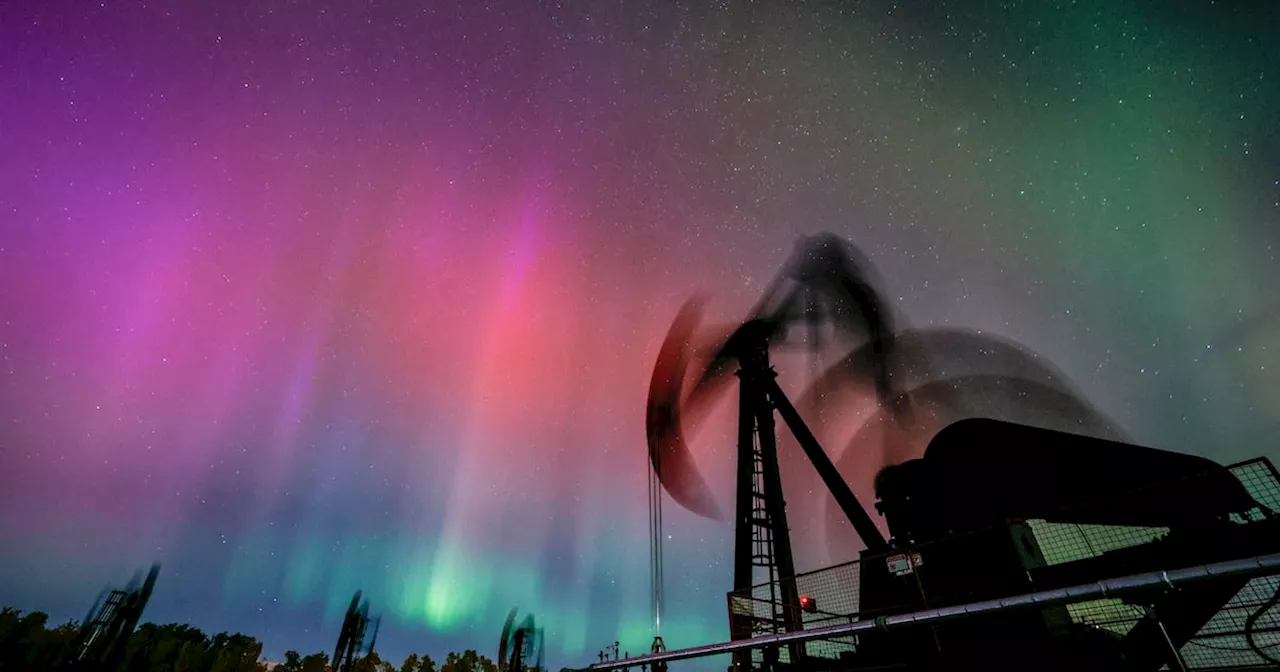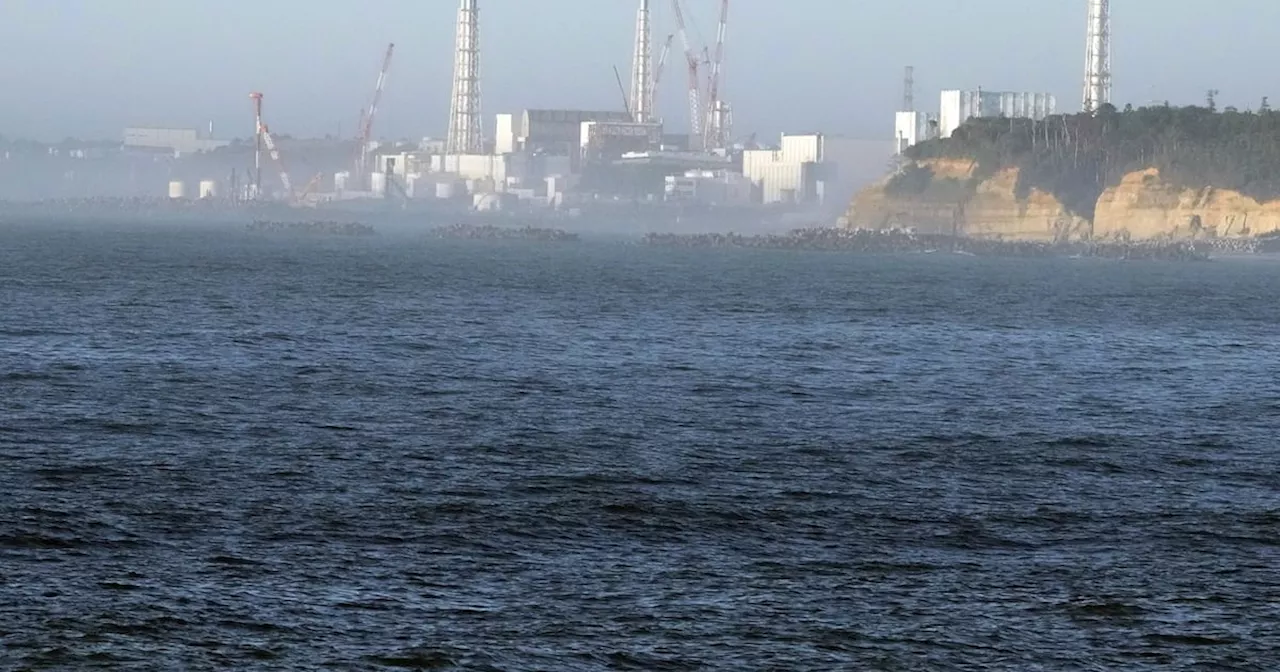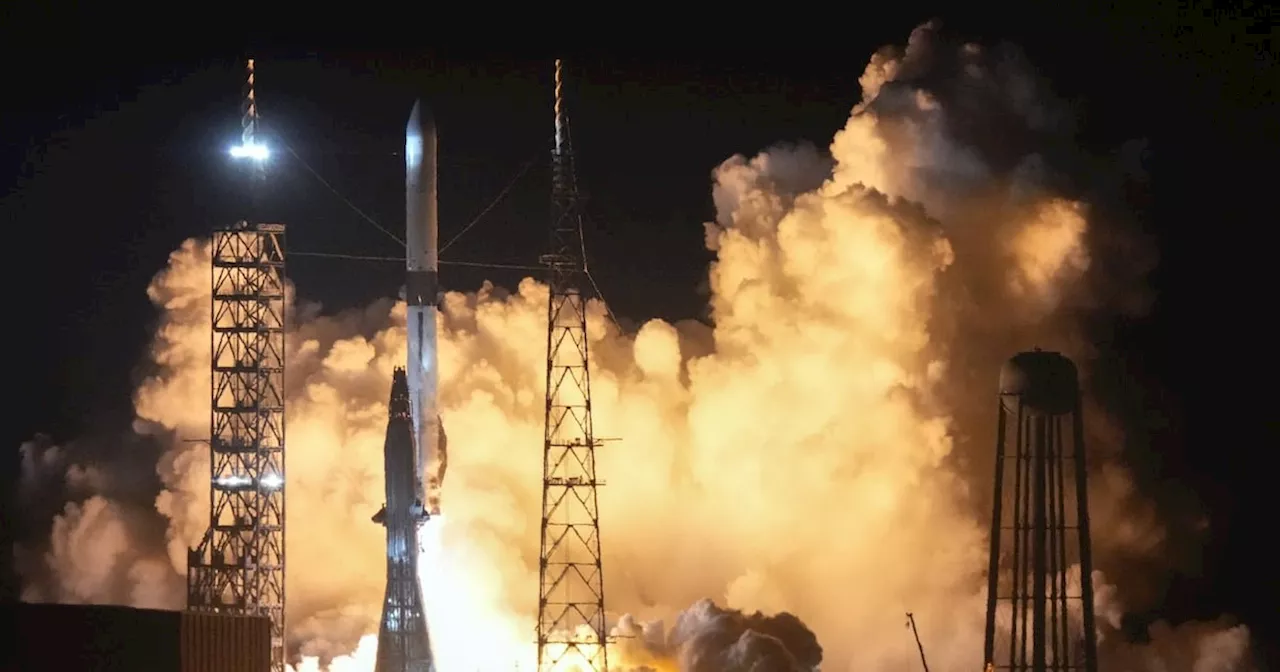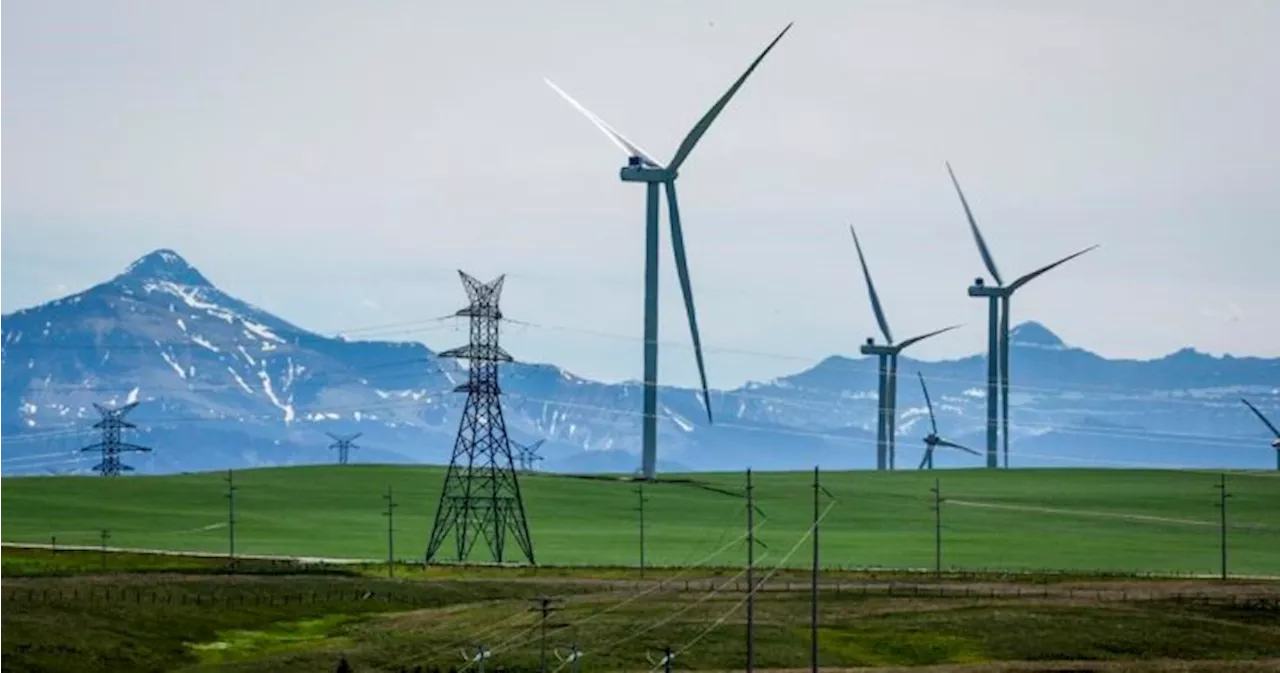British Columbia is facing an energy crisis as demand for electricity outstrips its current production capacity. The province is increasingly reliant on imports from neighboring provinces, often generated with fossil fuels, raising concerns about energy security. To address this challenge, the B.C. government is aggressively pursuing renewable energy projects, with recent agreements for wind power developments. However, experts warn that the province still needs to significantly increase its clean energy capacity to meet future demands driven by population growth, housing construction, and the shift away from fossil fuels.
British Columbia is facing an urgent need to increase its power production as demand continues to climb. The province has been forced to import electricity from other provinces, often generated with fossil fuels. This reliance on external sources has heightened concerns about energy security, especially with the ongoing drought and fluctuating energy needs.To address this challenge, the provincial government has made significant strides in promoting clean energy projects.
Recent announcements include an agreement with the Saulteau First Nations for their Taylor Wind project, which is projected to generate enough electricity for approximately 60,000 homes. This project, along with nine others selected from BC Hydro's call for power last year, represents a crucial step towards B.C.'s ambition to become a global leader in renewable energy.However, experts caution that the province still faces a considerable gap between its current capacity and the electricity required to meet its clean energy targets and accommodate population growth. Former B.C. environment minister Barry Penner, now chair of the Energy Futures Institute, emphasizes the risks associated with relying on neighboring provinces for electricity during peak demand. He highlights the recent purchase of approximately 20 percent of B.C.'s power from Alberta in both 2023 and 2024, equivalent to the capacity of two Site C dams. The ongoing drought further exacerbates the situation, forcing BC Hydro to conserve water in its dams to ensure sufficient electricity generation during peak periods. While the upcoming Site C mega-dam is expected to increase B.C.'s power supply by eight percent, the simultaneous decommissioning of older dams for maintenance and repair works presents a challenge.The 10 wind projects, combined with the anticipated completion of Site C, are projected to boost B.C.'s power supply by approximately 16 percent. Nevertheless, the province's electricity demand is anticipated to surge by at least 15 percent by 2030 due to factors such as population growth, housing development, transportation, and the transition away from fossil fuels. Minister Dix anticipates further calls for power from BC Hydro and emphasizes the government's efforts to expedite the permitting process for renewable energy projects.
ENERGY SECURITY RENEWABLE ENERGY BRITISH COLUMBIA POWER DEMAND CLIMATE CHANGE
Canada Latest News, Canada Headlines
Similar News:You can also read news stories similar to this one that we have collected from other news sources.
 CNRL to Boost Oil and Gas Production by 12% in 2025Canadian Natural Resources Ltd. (CNRL) plans to increase its oil and gas production by 12% in 2025, driven by the acquisition of Chevron Canada Ltd.'s assets. The company aims for an average production of 1.51-1.55 million barrels of oil equivalent per day.
CNRL to Boost Oil and Gas Production by 12% in 2025Canadian Natural Resources Ltd. (CNRL) plans to increase its oil and gas production by 12% in 2025, driven by the acquisition of Chevron Canada Ltd.'s assets. The company aims for an average production of 1.51-1.55 million barrels of oil equivalent per day.
Read more »
 Trump Declares National Energy Emergency, Vows to Boost Oil and Gas ProductionPresident Trump declares a national energy emergency to bolster the U.S. oil, gas, and power industries. He aims to increase domestic production, lower costs for consumers, and counter former President Biden's focus on electric vehicles. Trump also plans to revoke Biden's electric vehicle mandate, ease environmental restrictions on power plants, and open up federal land for new data centers.
Trump Declares National Energy Emergency, Vows to Boost Oil and Gas ProductionPresident Trump declares a national energy emergency to bolster the U.S. oil, gas, and power industries. He aims to increase domestic production, lower costs for consumers, and counter former President Biden's focus on electric vehicles. Trump also plans to revoke Biden's electric vehicle mandate, ease environmental restrictions on power plants, and open up federal land for new data centers.
Read more »
 Trump Declares 'Energy Emergency', Vows to Boost Oil and Gas ProductionPresident Donald Trump has declared an energy emergency and issued an executive order aimed at rapidly increasing domestic oil and gas production. The order directs federal agencies to utilize all available legal means to expedite energy development and transportation, potentially weakening environmental protections. Experts, however, question the effectiveness of the plan and warn of potential conflicts with OPEC.
Trump Declares 'Energy Emergency', Vows to Boost Oil and Gas ProductionPresident Donald Trump has declared an energy emergency and issued an executive order aimed at rapidly increasing domestic oil and gas production. The order directs federal agencies to utilize all available legal means to expedite energy development and transportation, potentially weakening environmental protections. Experts, however, question the effectiveness of the plan and warn of potential conflicts with OPEC.
Read more »
 Trump declares energy emergency to boost oil and gas production – where does that leave Alberta?Donald Trump says he will declare a national energy emergency to increase oil and gas production in the United States, casting uncertainty on the future of exports from Alberta.
Trump declares energy emergency to boost oil and gas production – where does that leave Alberta?Donald Trump says he will declare a national energy emergency to increase oil and gas production in the United States, casting uncertainty on the future of exports from Alberta.
Read more »
 Japan Backs Nuclear Power Boost in New Energy PolicyA government panel has largely endorsed Japan's plan to increase nuclear power to 20% of its energy mix by 2040, while also expanding renewable energy sources.
Japan Backs Nuclear Power Boost in New Energy PolicyA government panel has largely endorsed Japan's plan to increase nuclear power to 20% of its energy mix by 2040, while also expanding renewable energy sources.
Read more »
 Ontario Nuclear Power Plant: A Gateway to Expanded Energy Production?Ontario's plan to build a new nuclear power plant in Port Hope has experts speculating about a potential wave of nuclear energy development in the province. The project aims to address Ontario's growing energy needs while promoting clean energy solutions.
Ontario Nuclear Power Plant: A Gateway to Expanded Energy Production?Ontario's plan to build a new nuclear power plant in Port Hope has experts speculating about a potential wave of nuclear energy development in the province. The project aims to address Ontario's growing energy needs while promoting clean energy solutions.
Read more »
